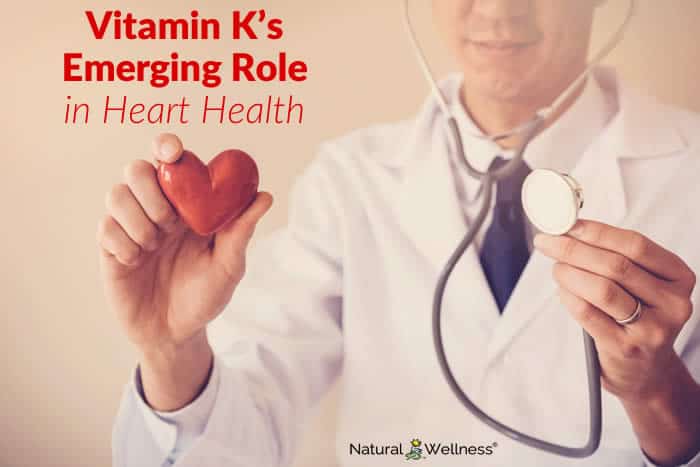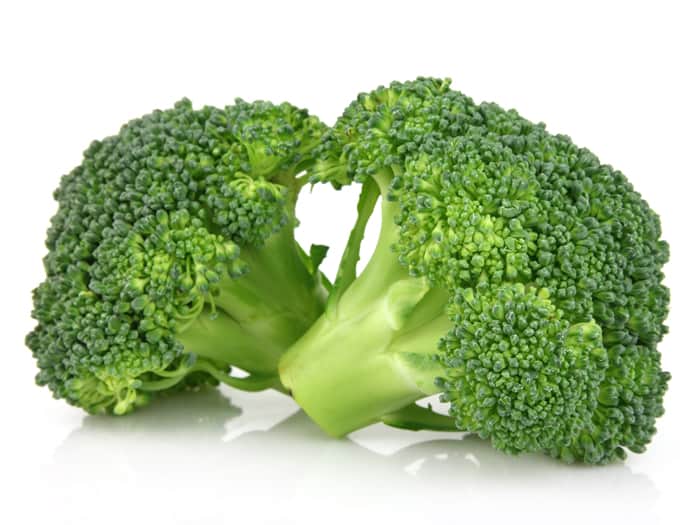

Vitamin K helps our blood clot when we’re cut while also giving our bones what they need to stay healthy and strong. (1) According to a new long-term study involving tens of thousands of people, it may also serve another very important purpose: reducing our risk of heart attack and stroke.
Vitamin K and Cardiovascular Health
On August 7, 2021, the Journal of the American Heart Association published a study (2) involving 53,372 adults with no known presence of atherosclerotic cardiovascular disease. That is a heart disease that involves the hardening of the arteries. If left untreated, this hardening can lead to major cardiovascular issues such as heart attack and stroke. (3)
Based on their responses to a food-based questionnaire, researchers calculated the subjects’ intake of vitamin K. It was also noted whether the individuals were hospitalized for ischemic heart disease, ischemic stroke, or peripheral artery disease over the course of the next 17 to 22 years.
After analyzing the data, it was revealed that people with higher intakes of vitamin K1 had a 21% lower risk of being hospitalized for cardiovascular issues. Those with a higher vitamin K2 intake had a 14% lower risk.
What Does Other Research Say?
While a study of more than 50,000 people is pretty compelling, it’s tough to draw a solid connection based on a single piece of research. So, have other scientists made a link between vitamin K and heart health as well? The answer is yes.
For example, in 2014, a study involving 577 men and women over the age of 55 was published, reporting that the people with insufficient vitamin K—which was determined by looking at the subjects’ levels of matrix Gla protein—were found to be at greater risk of cardiovascular disease. (4) Additionally, this elevated risk existed independent of other factors commonly associated with increased cardiovascular disease incidents.
Although a 2017 review of the evidence says that more research needs to be conducted to determine whether a causal link exists between vitamin K and cardiovascular health, it shares that many studies have made a connection. (5) It also adds that this connection appears to be even greater for people with chronic kidney disease and other high-risk populations.
Increasing Vitamin K Intake
If you want to increase your intake of vitamin K, you can do so by eating foods such as:

- natto (fermented soybeans)
- collards
- turnip greens
- spinach
- kale
- and broccoli. (1)
Each of these supplies a good amount of this key vitamin. Taking a dietary supplement such as Natural Wellness’s Vitamin D3 + K2 may be helpful as well.
Research indicates that, together, vitamins D and K create a synergistic effect that contributes to greater levels of cardiovascular and bone health than each vitamin alone. (6) Thus, taking a supplement that combines both helps maximize the positive benefits of the individual nutrients, providing a more powerful effect.




